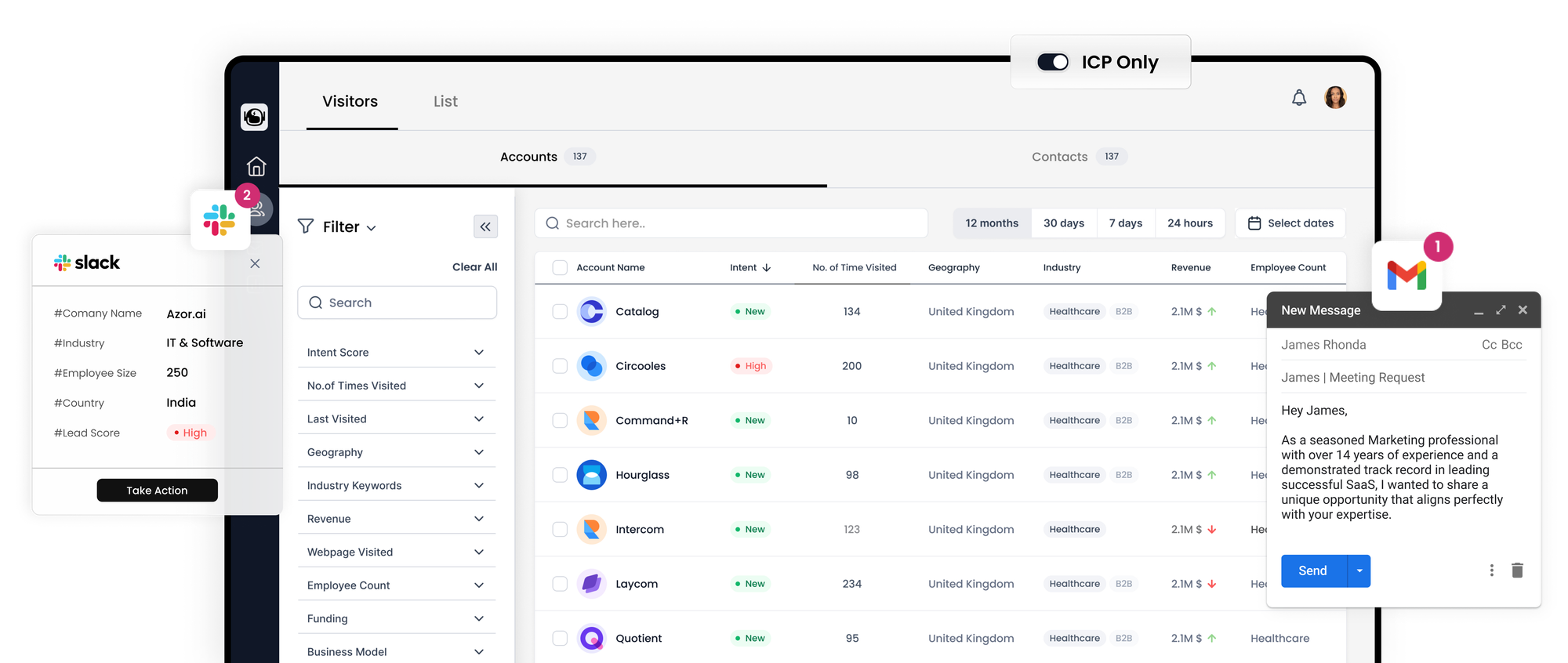Demand Generation Elaborated

Demand generation is a strategic approach within targeted marketing programs designed to cultivate awareness and interest in a company's offerings. This multifaceted process is particularly prominent in sectors like B2B, B2G, or in B2C contexts where the sales cycle is lengthier, involving comprehensive marketing strategies aligned with a structured sales approach.
In demand generation, several steps are carefully tailored to the sale's size and complexity. Key elements include fostering awareness, establishing relevance, supporting validation, and facilitating the evaluation by the customer. The AIDA framework (Attention, Interest, Desire, Action), created by E. St. Elmo Lewis, is one among many methodologies that can drive demand generation strategies.

Cultivating Awareness
At the core of demand generation lies a symbiotic relationship between marketing and sales within a company. Various campaigns and marketing tactics aim to forge a lasting rapport between a brand and potential buyers while simultaneously nurturing the prospect's interest in the brand's offerings. Raising awareness about a brand or its products/services is an ongoing, multi-layered marketing endeavor.
Advanced demand generation programs usually deploy proactive Lead Generation activities complemented by market programs and processes. This presupposes that prospective clients recognize their needs or issues and are actively seeking solutions. However, if prospects are oblivious to their problems, traditional lead generation activities are typically required to spark awareness and interest.
Facilitating Discovery
The marketer's next focus area in demand generation is ensuring prospects encounter their vendor when seeking solutions. This discovery can be achieved through:
Search Engine Advertising: Buying ads on search engines that appear for specific category-related keywords of competitors in the solution space.
Search Engine Optimization: Employing strategies to enhance a website's search engine rankings for relevant keywords.
Webinars or Seminars: Hosting online or in-person educational events to allow prospects to understand a vendor's solutions and their practical applications.
Demonstrations and Free Trials: Offering demonstrations or trials to assist prospects in discovering how a solution addresses their needs.
Guiding Solution Validation
The demand generation process is often confused with lead conversion. Actual conversion—turning demand into sales—is a distinct process. Some companies may incorrectly label themselves as demand generators when they are essentially generating leads.
The later buying process stages include confirming that a vendor's solution meets specific criteria and finalizing purchase details, often necessitating collaboration with various organizational resources.
Tools like detailed whitepapers, trials, and informative seminars are deployed to aid in evaluating and validating a solution. Effective management of client references and coordination with sales representatives are pivotal during the concluding purchase stages.
Involving Sales
Involving sales professionals during solution validation includes several critical aspects, regardless of whether they are inside or field sales teams.
Lead Scoring: Distinguishing which prospective buyers merit sales contact, considering their qualifications and interest.
Lead Ranking: Assigning priority levels to leads based on scoring, determining the urgency and method of sales contact.
Lead Routing: Designating leads to appropriate sales personnel based on established criteria, often managed through a systematic process of notification and follow-up monitoring.
Complementary Disciplines
For demand generation to be effective, marketers must also become skilled in:
Data Management: Managing marketing data to personalize communications, define target lists, score leads, and route them effectively.
Marketing Analytics: Evaluating the impact of marketing campaigns, from specific tactics to overarching strategies.
Demand generation requires an intricate interplay of these components to build a strategic pipeline that transforms awareness into engagement and, ultimately, into sales. It's a process that necessitates not only the deployment of diverse tactics but also a deep understanding of data and analytics to refine and improve marketing efforts continuously.
